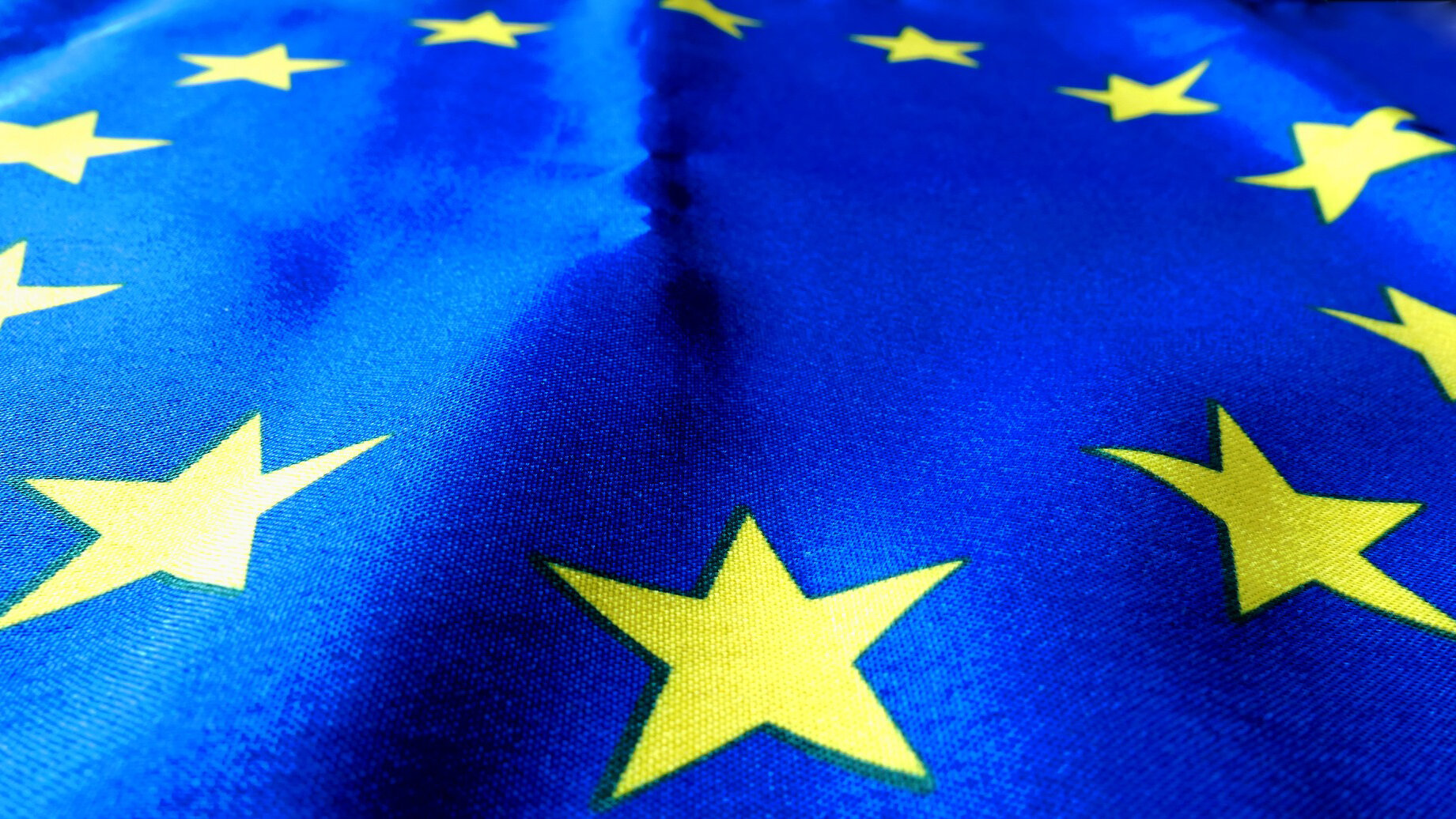Structural framework > State
German youth policy and the EU
The Federal Republic of Germany acceded to the European Union in 1958.
Today, the EU Youth Strategy sets the youth policy framework for member states. Child and youth services in Germany is thus inextricably tied to European youth policy.
The Erasmus+ scheme helps young individuals as well as organisations with exchange programmes and international educational activities. The focus is on:
- school and university education, professional training and continuing professional development,
- civil society youth exchanges,
- establishing partnerships between youth groups and organisations, etc.,
- dialogue with policymakers, experts and innovators in the field of child and youth policy and the education sector.
Notes

The European Union currently has 27 member states. The Federal Republic of Germany acceded to the EU in 1958. Almost 100 delegates to the European Parliament represent the people of Germany. In addition, national ministers of the member states form the Council of the European Union, a forum for the joint development of regulations and political projects. The Council of the European Union is not chaired by one single political representative or person, but has instead a rotating six-month Presidency allowing each EU member state to hold the position. Germany last held the Council Presidency in the second half of 2020.
After 1945, the international youth offices (such as the Franco-German Youth Office), youth exchanges as part of town twinning schemes and civil society initiatives (e.g., Action Reconciliation Service for Peace, International Youth Community Services), which organised youth voluntary services and other exchanges, were key in integrating child and youth services at a European and national level.
Today, the EU Youth Strategy sets the youth policy framework for member states. Child and youth services in Germany is thus inextricably tied to European youth policy.
The Erasmus+ scheme helps young individuals as well as organisations with exchange programmes and international educational activities. Erasmus+ also serves as a tool for initiating educational policy programmes and reforms. The focus is on:
- school and university education, professional training and continuing professional development,
- civil society youth exchanges,
- establishing partnerships between youth groups and organisations, etc.
- dialogue with policymakers, experts and innovators in the field of child and youth policy and the education sector
In addition, the European Solidarity Corps EU funding initiative gives young people the opportunity to participate in social, civil society and non-profit projects EU-wide. European social and educational policy, services directives, the European Qualifications Framework and the Bologna process also continue to have a fundamental impact on child and youth services in Germany.
Further reading
- Positionspapier der Arbeitsgemeinschaft für Kinder- und Jugendhilfe – AGJ (4 October 2018): Europäische Jugendpolitik in einem sozialen Europa (last accessed: 31 July 2023).
- Positionspapier der Arbeitsgemeinschaft für Kinder- und Jugendhilfe – AGJ (5/6 March 2020): The European Youth Work Agenda for high-quality Youth Work – in Europe and in Germany (last accessed: 31 July 2023).
- Thimmel, Andreas (2018): Kinder- und Jugendhilfe in Europa. In: Böllert, Karin (ed.): Kompendium Kinder- und Jugendhilfe, Bd. 2. Wiesbaden, p. 1667−1692.
![[Translate to Englisch:] [Translate to Englisch:]](/fileadmin/_processed_/e/b/csm_2021_09_28_Myles-Tan-WNAO036c6FM-unsplash_kleinIII_0ed92e37b3.jpg)

